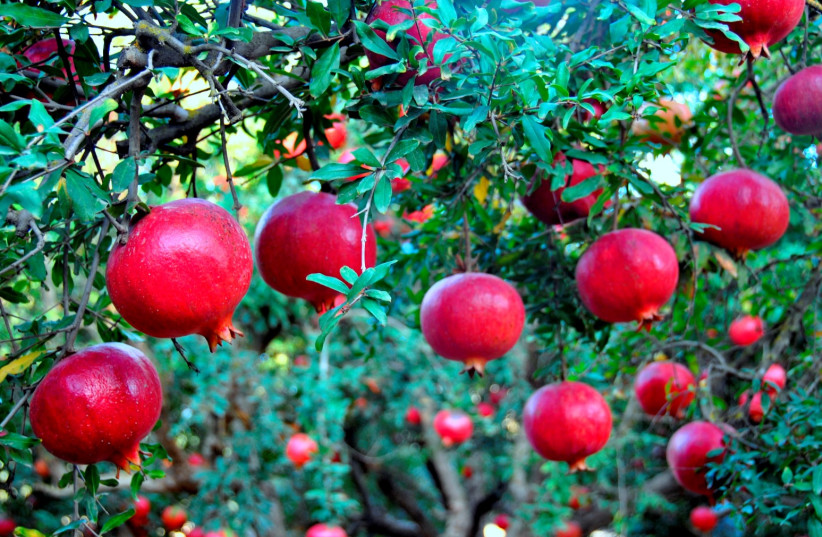On the day before Rosh Hashanah, the demand for apples soared by 50% in Israel compared to the average throughout the year, according to Amos Levin of the Fruit Growers Association in Israel.
“About 15,000 tons of apples are consumed,” he said, “while the average per capita consumption per person in Israel is about 16 kilograms a year.”
This year, Israel has produced fewer apples than usual, Levin noted: 105,000 tons compared to the 110,000 tons that the country grew last year.
Association data shows that land devoted to apple production in Israel covers about 25,00 hectares. Some 95% of the orchards are found in the Galilee and Golan mountains, at a height of at least 600 meters above sea level. The apple industry directly employs about 3,500 workers and another 8,000 workers are indirectly employed.
In addition to the apples, about 6,000 tons of pomegranates are expected to be consumed.

Yaron Belhassan, CEO of the Fruit Growers Organization in Israel, said Israeli farmers will harvest around 30,000 tons of pomegranates this year, compared to 40,000 the year before. The local consumption of pomegranates per capita is about 4 kilograms per year, including pomegranate juice, fresh pomegranate seeds, pomegranate vinegar, and more.
Around 100 people are employed in the pomegranate industry, which exports 7,000 tons of the fruit a year, the association explained.
Israeli innovation in agricultural technology
At the same time, Israel is working on innovation in the fruit field.
Dr. Omer Karin, head of the Northern R&D Center at the Migal Research Institute said the country invests around NIS 2.5 million in fruit innovation, with a focus on designing what is known as a “fruit wall.” This would allow apples to be planted in a tight, straight, and elevated line, and enable robots and drones to do the picking. This would save time, money, and manpower.
